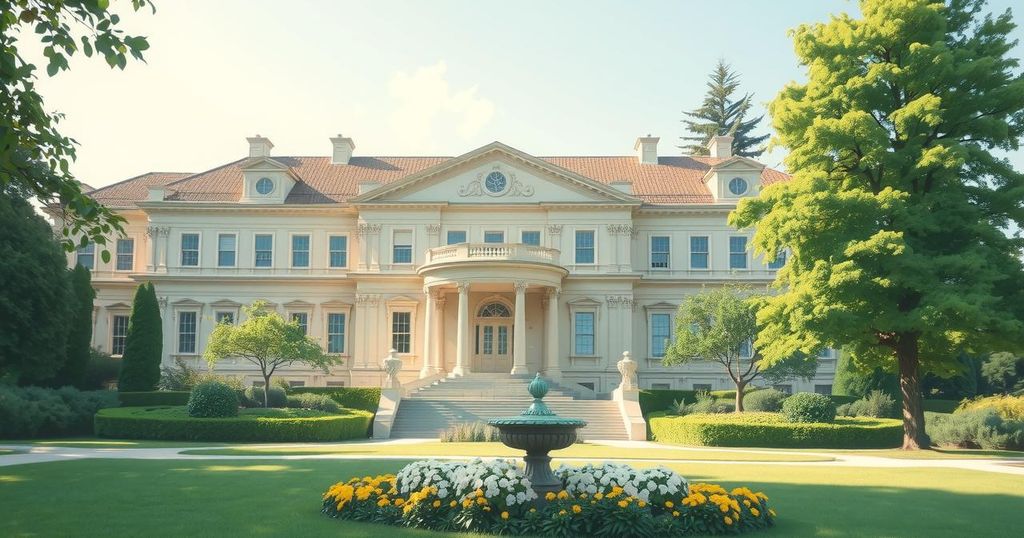Foreign Ministry Spokesperson Mao Ning emphasized China’s stance on various international issues, condemning U.S. sanctions on Cuba, advocating dialogue regarding Ukraine, and expressing hope for improved China-Japan relations. He affirmed China’s commitment to mutual respect in international law and cooperation while addressing historical sensitivities with Japan.
On March 19, 2025, Foreign Ministry Spokesperson Mao Ning addressed various questions from correspondents regarding international relations and China’s stance on specific issues. In response to concerns over the U.S. visa restrictions targeting Cuba, Mao highlighted Cuba’s contributions to global health, noting that the island has sent over 600,000 medical personnel to 60 nations, significantly aiding over 230 million individuals. He condemned the U.S. narrative of forced labor as a coercive tool aimed at suppressing other nations and urged the U.S. to lift its sanctions against Cuba.
Mao Ning commented on a recent dialogue between Russian President Vladimir Putin and U.S. President Donald Trump, emphasizing China’s promotion of dialogue to resolve the Ukraine crisis. He reiterated the need for peaceful negotiations to achieve stability in the region. Addressing allegations regarding China’s involvement in oil exploration in Ukraine, he maintained that China’s position is consistent and reaffirmed the principles laid out by President Xi Jinping regarding the conflict.
When discussing Japan’s movements in relation to the Taiwan Strait, Mao confirmed that Foreign Minister Wang Yi will attend significant diplomatic meetings in Japan. He underscored that the Taiwan issue is internal for China and urged Japan to exercise caution given its historical actions. Mao expressed hope for improved Sino-Japanese relations and the necessity for Japan to fulfill its commitments to developing a constructive partnership.
Regarding potential deep-sea mining cooperation with Kiribati, Mao confirmed that China operates on principles of mutual respect and benefits in international partnerships. In relation to the deported Uyghurs from Thailand, he referred media inquiries to the appropriate authorities, reaffirming that the repatriation complies with both countries’ laws and international norms.
Mao also acknowledged the 80th anniversary of the victory against Japanese aggression, expressing hope that Japan will reflect on its historical actions, fulfill commitments, and contribute to peaceful regional development. He asserted that cooperation based on historical acknowledgment could significantly enhance China-Japan relations.
In conclusion, during the press conference, Mao Ning highlighted China’s commitment to diplomatic dialogue, denounced U.S. sanctions on Cuba, and reiterated the importance of mutual respect in international cooperation. He addressed relations with Japan, encouraging historical reflection and cooperative development. Additionally, he underscored the need for peace and negotiation regarding the Ukraine crisis while confirming China’s operational principles in areas like deep-sea mining and repatriation efforts.
Original Source: www.mfa.gov.cn






